Any parent who is striving to spread the full Charlotte Mason feast at their homeschool table will wax poetic on the benefits of using “living books.” As a cornerstone of her educational philosophy, it is truly impossible to provide a Charlotte Mason (CM) education without relying on them. The reasons behind the utilization of living books are so compelling that I would find anyone’s attempts to deny their advantage to be either ill-informed or disingenuous. Yes, I drank the whole pitcher of CM Kool-Aid, and I’m punch drunk.
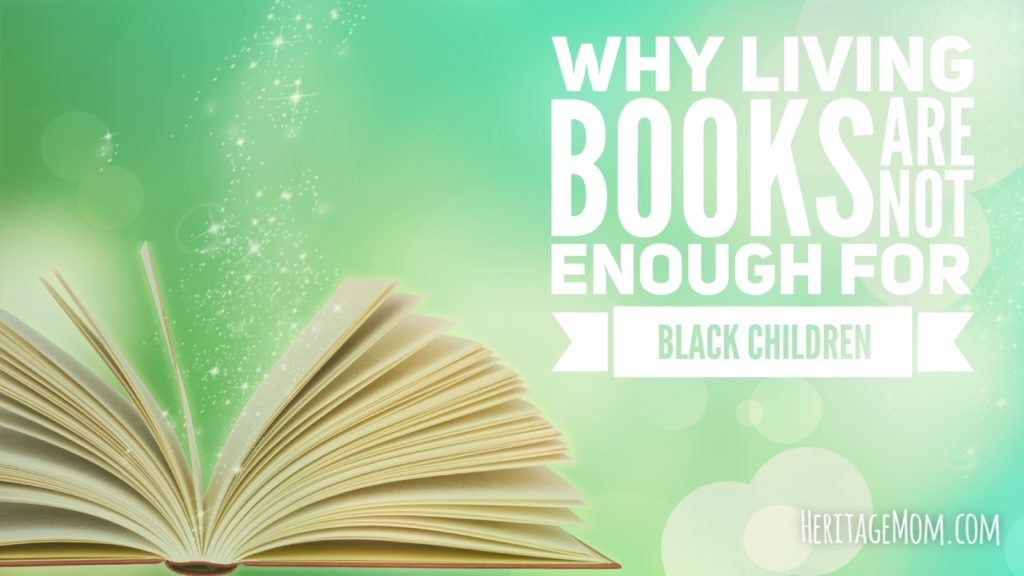
Because Charlotte Mason didn’t leave behind a static book list of “must reads for a proper CM education,” to define a living book is an exercise in itself. For a more robust exploration, I encourage you to read here on Ambleside Online or listen to this A Delectable Education podcast. But for the sake of this discussion, I will rely on this inadequate and incomplete definition: Living books are those with superior literary quality that offer a beautiful expression of inspirational ideas and worthy thoughts.
For Charlotte Mason followers, books that do not qualify as “living” are most typically referred to as “twaddle.” As with living books, there is no single solid definition of twaddle, but this working definition of twaddle from Simply Charlotte Mason lays out its characteristics as:
- Talking down to a child
- Diluted
- Undervaluing the intelligence of a child
- Reading-made-easy
- Second-rate, stale, predictable
- Goody-goody story books or highly-spiced adventures of poor quality, titillating
- Scrappy, weak, light reading
So offer up living books and don’t provide twaddle. Got it. But what about books that fall outside of both camps – those that neither rise to the literary quality and responsibility of a living book nor swim in the gutters of twaddle-land? For some, there is no in-between, but for the bookshelves of a black Charlotte Mason family, there better be.
Despite my unwavering belief in Charlotte Mason’s principles and especially her insistence on living books, I regularly find myself offering up books to my children, without question, that I know are not living.
There is a sickening shortage of living books featuring black characters that are not current/former slaves, fighting for civil rights, or struggling through urban poverty with broken families and even more broken spirits. It is incredibly unhealthy for black children to solely read about the lives of white fictional characters, the trials and contributions of white historic figures, and the struggles and triumphs of slaves, former slaves, and the poor, ignorant, or down-trodden.
There are dangers with feeding black children a white-washed literary feast speckled with morsels of slavery, Jim Crow, and “the struggle.” In this situation, black children may, among other things:
- Rarely experience the delight of getting “lost” in a book
- Be left feeling insignificant and one-dimensional as the off-spring of former slaves and nothing more
- Miss out on the benefits of seeing themselves as players in an engaging plot
- Begin to feel ignored or invisible
- Buy into harmful stereotypes in children’s literature
- Set off in life thinking that black people have never contributed anything worthy of serious study and examination
- Be unfamiliar with the origins of various forms of art that comprise current African-American culture
- Begin to identify with white children and adults as the purveyors of correctness (“White is right”)
- Erroneously believe that all brown people in the world have required “saving” from white people before becoming whole
- Lack the opportunity to develop their own imaginative characters who reflect their life experiences (because even the illustrations in otherwise race-neutral books remind them that the characters were all intended to be white)
To prevent these ill-effects and more, I argue that there is another category of books worth integrating into the Charlotte Mason-based education of black children: life-giving books.
Life-giving books are those that build a child’s sense of self by providing real and imagined heroes along with commonfolk who look like them and experience the world through the similar lens of a shared culture. These unique works provide additional rungs on which a child may hang their self-perception and worldview. While they may not rise to the unequivocal literary beauty and inspiration of living books, life-giving books cradle a black child’s soul, and it would be shameful to tag and dismiss them as mere twaddle. At times, life-giving books may share some characteristics of living books, twaddle or both, but they stand alone as a necessary adjunct to the carefully fashioned atmosphere of a black Charlotte Mason home.
As with all forms of art, literary beauty is in the eye of the beholder. What may look like mere gimmicky eye-candy literature to a mom whose child is validated daily through the words and pictures of nearly every living book presented in the feast, could be a life-giving book to my brown babies. The mere existence of dust jackets featuring brown people is a breath of life blown into my household. The mention of a familiar cultural experience or the knowing hum of a grandmother’s song is an acknowledgement that the black experience is really a thing worth noting and loving. And the simplicity and comfort of reading about the real or imagined life of a child or adult with a story to tell who happens to be black vs. a story about being black is a critical element in the development of a creative mind space for black boys and girls.
The utter lack of choice within the book market (and especially among living books) of brown characters is upsetting, but the reasons are structural, nuanced, and can’t be fixed overnight. In the meantime, I’m going to continue our CM journey while catering to the emotional health of my black children. By mixing our shelves with living books AND life-giving books, I seek to ensure that their education is not a legalistic venture in Charlotte Mason but an honest experience that honors the Truth while helping them to see the imago Dei in themselves and others.
***UPDATE: I’ve received many requests in the comments and via email for a list of life-giving books. Please check out my ongoing list of book recommendations here.
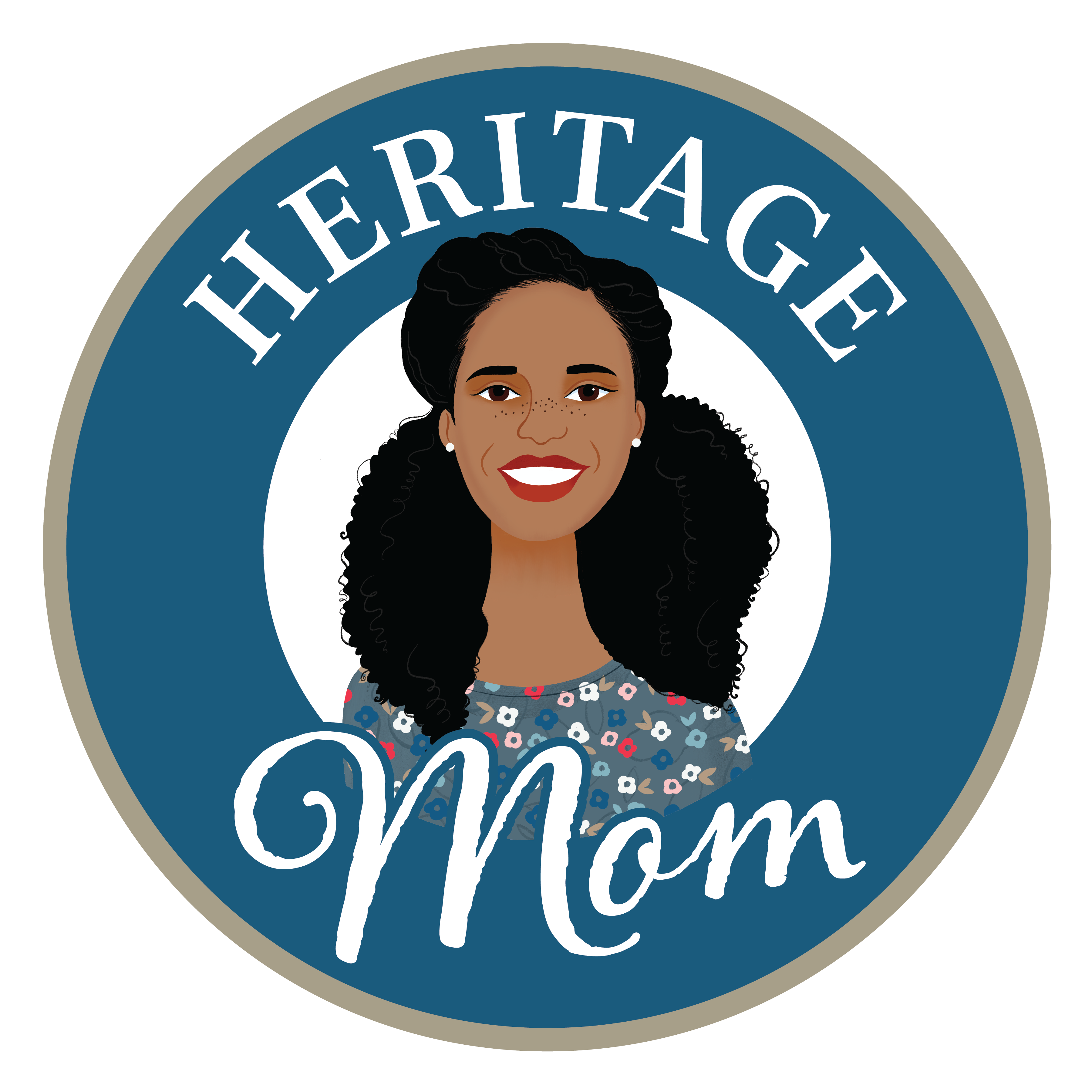
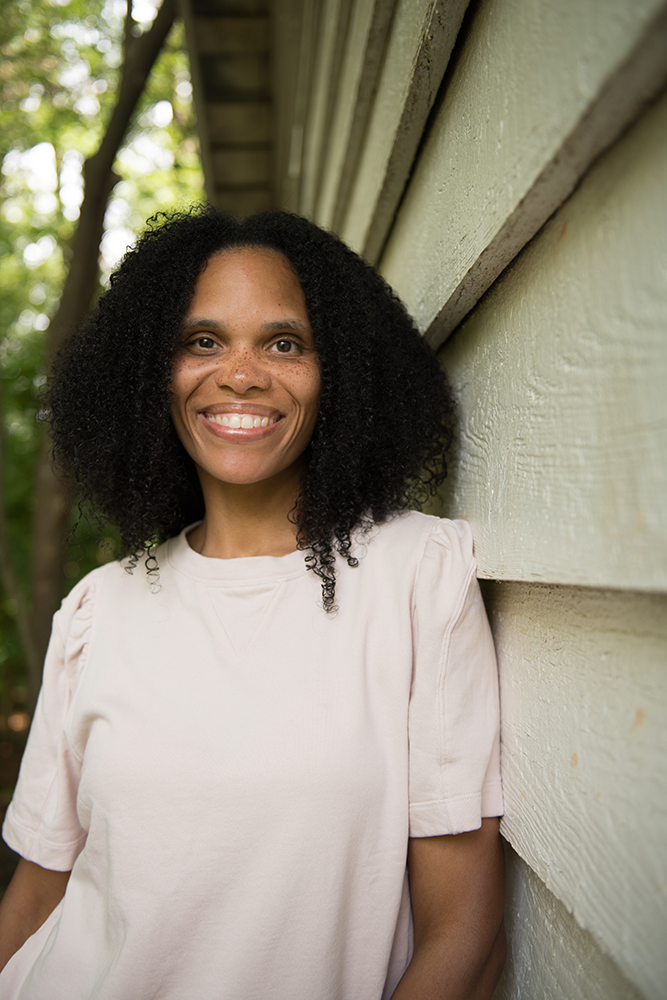
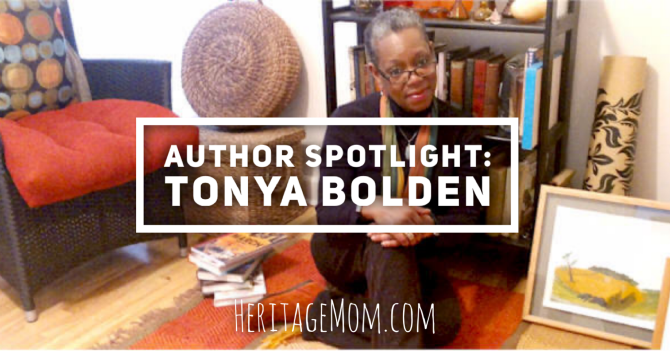
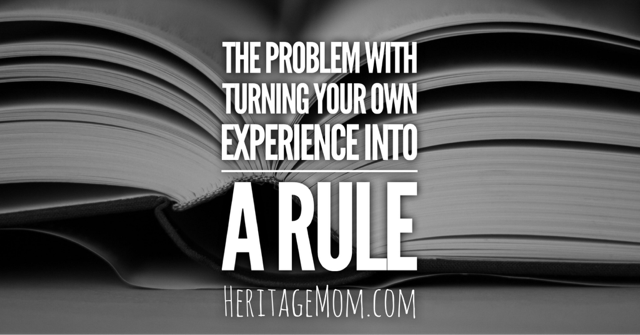
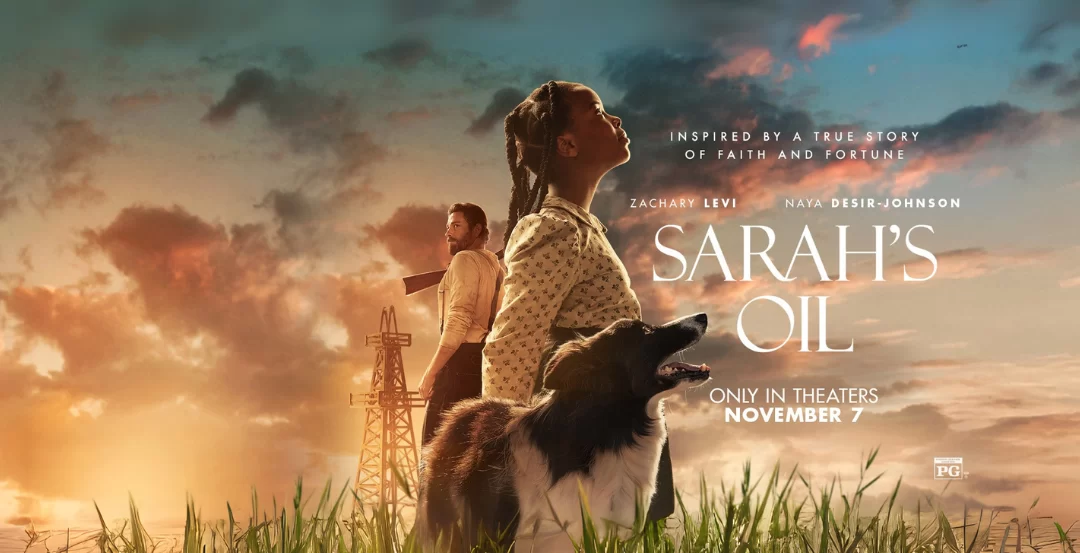
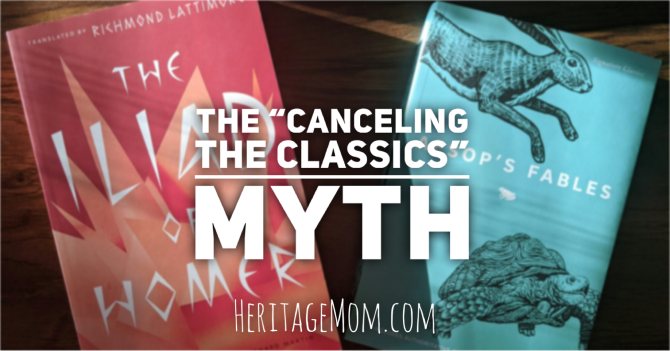
Would love some of your recommendations on ‘life-giving’ books. Love that!
I’m glad this resonates with you! I will email you what I’ve put together so far. It’s not perfect, but it’s a start.
Hello, can you email me some of the books you have put together as I too, like the Charlotte Mason approach, but my daughter and I need more books show and tell the lives of black. I’m new at homeschooling, but the first thought I had coming into this was that February will not be the only time that she knows black history, it will be everyday. I want her well rounded and knowing in many aspects of life.
Please share you list of books! Thank you kindly!
OMG!!! This article spoke to my soul!!! Exactly what I am looking for! We are more Eclectic Style learners, but I love Charlotte Mason’s concepts.
This is my first year homeschooling (1st-3rd grade), and I’m tired of the “twaddle” books my children enjoy! I know I can convert them, as they enjoy the McGuffey literature we read. I just crave more diversity, that isn’t only about the “struggle” of our African-American Heritage. I want my children to know and experience through literature, that “we” are valuable, bright, and brilliant too!
Please send me whatever you have so graciously compiled thus far! Your efforts are beyond appreciated!
Please email me your list. I have been doing my best to tailor my curriculum. I have been able to switch out some things but I still need help. I appreciate you writing this.
Wow! Thank you so much for your insight! I have had the thought that cm can be I guess “Anglo centric” but I have never heard this perspective or been able to put it into words very well. I have also wondered about “life giving” books. I feel like you just gave me permission to read them! All glory to God! I know that comes from Him, but thank you for being the vehicle for that.
Please email this to me. This is an issue I have had as well. I keep searching for things to include in our homeschool and there are so many history books that I do not want to include, or if I do, I need to pair it with a different book that has a different perspective. I look forward to your response and thank you for your thoughtful article.
I just sent you an email! And you’re welcome 🙂
This is incredible! Thanks so much for this!
Thank you, Kristin. You’re welcome!
Hi there.
It’s 2019 & my children and I have just began our cm journey. I’m interested in living books for black children & would love to see what you’ve come up with so far. I’m even considering living books from as many cultures as I can get my hands on.
Hi! Thanks for reaching out. I don’t have a nice list of the books we’ve used as I’m in the weeds cherry-picking as I go, but I do plan to post soon about some of my favorite pics for our current time period. My top sources for both picture books and novels are included here though, and I hope this helps: https://heritagemom.com/2018/11/25/life-giving-books-for-black-children/. And if you’re interested in books from many cultures, I highly recommend Give Your Child the World by Jamie C. Martin. It is one of my favorite resources for quickly getting my hands on qaulity literature highlighting cultures around the world. It’s really an amazing book.
Hello, Amber,
Thank you for bringing this to light, seeing a need and seeking to fill a need. Can you please email me your list as well?
All of my latest recommendations have been made into posts on this site, but they may be hard to locate so here’s a shortcut:
Black history books covering the 1900s (and late 1800s): https://heritagemom.com/2020/04/02/infusing-black-history-into-a-traditional-charlotte-mason-homeschool/
African and African American Culture books for early elementary: https://heritagemom.com/2020/04/15/african-and-african-american-culture-early-elementary-books/
African American Historical Fiction: https://heritagemom.com/2020/03/05/african-american-historical-fiction/
Life-giving books for black children: https://heritagemom.com/2018/11/25/life-giving-books-for-black-children/
Amber Johnston I would love this emailed to me too.
Hi Rhionah! I’m so glad that you’re interested. Please check out my booklists on the side menu (or scroll down if you’re on your phone) for all of the books I’ve recommended so far.
Hello Amber, could you please shoot me an email of the list you’ve put together too?
Hi! This is an old post, and I honestly don’t even remember which list I was emailing back then, but now I have many book recommendations indexed here: https://heritagemom.com/heritage-mom-book-recommendations. I hope this helps!
Thank you, thank you, thank you! You have so wonderfully described my feelings and dissatisfaction with the selection of books for my babies. Will definitely be checking out your list. Thank you
You’re so welcome, Denise! I’m glad this resonated with you, and hopefully you know that you’re not alone.
ALL OF THIS🙌🏼🙌🏼🙌🏼🙌🏼🙌🏼 I’m fighting the same battle with the absence of Native voices in our Ambleside Online curriculum. I couldn’t not do Du’Laire’s Columbus book. When we read Buffalo Bill we also read Sitting Bull, when we read Abe Lincoln we also read The People Could Fly. Hoping to find something for year 3 to read along side Jungle Book and maybe a companion to Marco Polo for an Asian voice. Excited to look through your book recommendations!
You’re so on the right track. Offering the other side of the story often provides just the balance that’s needed for honest discourse.
This is PERFECT I love this idea to offer both sides of the story. Way to encourage your child to have the wisdom to view both sides.
I would also ove your recommendation for living books for black children. Thanks
Hi Veronica! Since this post was written, I’ve added many book recommendations and you can find them here: https://heritagemom.com/heritage-mom-book-recommendations/. I also have a ton of living book recommendations included in the Heritage Packs that you can find in my shop. Enjoy!
This is a wonderful post, and something I honestly had never thought about before. All of your points are valid. And as such, I do hope great authors take notice and more diverse living books will be written. I look forward to adding some of your books to my childrens reading list.
Thank you! I really appreciate hearing your thoughts on this, and I’m happy to hear that the booklists will benefit your family.
Fingers are snapping!! Thanks for sharing your thoughts and ongoing list. The words you spoke speak exacy to how I’m feeling. This woke momma, who loves the “classical/Charlotte Mason approach ” is having a hard time finding the literary feast I desire to provide my three black children. I look forward to reading your list.
This post is from a while ago, and I’ve SHARED many life-giving books since then. Yay!!! Here’s a link to help direct you to what interests you most: https://heritagemom.com/heritage-mom-book-recommendations/
How do we find these life giving books? I have been made aware by you first on the lack of good books for children of color and reminded again when searching for books for my biracial son. I really want him to feel proud of his heritage and that he can accomplish anything that typically has only been acknowledged as a contribution by a white person.
I’m so glad that this is on your radar. The fact that you care and realize how important it is says a lot about your love for your little boy. I don’t have an official list, but I will email you what I have. I need to do a blog post with some titles, too.
I would love a list as well! Thank you so much for your time!
Your post is exactly what I was looking for as I find myself caught between exposing my children to quality literature while instilling pride in who we are as black people. I would appreciate a list of your “life-giving” books as well though I’m sure my personal library is speckled with a few.
I’m glad that I’m not alone! I’m sorry for taking so long. I wanted so badly to respond with a link to a blog post where I’d listed out some of my favorites, but I just haven’t had the chance to write it. In the meantime, this is a link the Amazon list that I keep as book ideas to evaluate for the homeschool book club that our support group runs. 100% of the books on here do not feature brown characters or authors, but almost all of them do. The reading level ranges from early readers through middle school, and I’ve read a lot of these books – though not all of them: http://a.co/ctirE8N
This is great. I too have been in search of such books. Can you please email what you have so far?
Thank you! In addition to the link I just posted in the comments above, I’ve been falling in love with this site for getting great ideas for life-giving books: http://bcbooksandauthors.com/
Could you email me your list as well or send me a link to your list?
Melissa, I’m sorry for taking so long to reply. I don’t know how I missed this. I’m still working on a list of books as my kids read them, but please see the links I’ve posted in comments above for some starting places. Thank you for reading, and I hope you’re able to find some good choices for your family from these sources!
This is beautiful! We are loving our CM curriculum but I’m really struggling with a lot of the books and reading them to my black son, especially as a white mama. I feel the lack of black culture in our curriculum and I want to do everything I can to fill those gaps! Would you email me anything you have?
I noticed after living in Hawaii for five years that they have the same problem. An appalling lack of stories about them….not just good stories…any stories. I think that there are authors working on this but it takes such a long time to build up a substantial library. I found myself longing for some native Hawaiians to rise up and tell not only the stories of their people but also to write meaningful works of fiction that can enter the realm of living books and promote positive self image and not one embedded in what was admittedly and very tragic theft if cultural identity that went on for decades.
Thank you for sharing this. Sadly, this is the case with many cultures, but things are sloooowly changing. Some of the books that are being written today will be the classics of tomorrow, and there will be varied cultural representation in many of those books. In the meantime, we have to keep scraping and pushing through with the best that we can find. Representation really does matter.
I want to thank you very sincerely, from my heart, for these words and the links to some suggested resources. I love Charlotte Mason and use this approach to homeschooling my own children. We are white, but I am very concerned with my children developing a real sense for the stories of others and seeing the beauty in different backgrounds/perspectives/colors. We are blessed to live in a diverse area, so I am committed to seeking out intentional relationships with people of color as well.
May I ask how you handle history studies? My children are still very young, but in surveying the history books often suggested by CM curricula, there seems to be an emphasis on older, very white-centric narratives. I understand why these books are used (for their “living” quality) and even most history texts today (most of which are decidedly not “living”!) are white-centric. I also believe there is a value in using old books – there is a wonderful C.S. Lewis quote about being able to notice the bias in them more readily than in books written during our own time – but I’m wondering if they are best saved for later years.
I’m sorry for turning this into such a long comment! I will continue to search and pray for an answer for our family, but any wisdom you could share (as a more experienced CM mom and a woman of color) would be gratefully accepted!
Thank you for sharing this. You’re so right about the history books struggle. I pick and choose sparingly from the typical history spines that are recommended because I don’t feel good about offering them up in their entirety due to the bias and lack of concern for sharing the historical activities and contributions of non-whites.
I wish I could share an awesome resource with you, but the truth is that I haven’t found one. I rely A LOT on biographies for our history studies. We focus on specific individuals and learn about what was happening around them (in their homes, towns, state/territory, country, and sometimes the world) through their stories.
Rather than relying as much on the spine, I try to immerse them in the period through multiple biographies while filling in with the spine on occasion, as needed. I’ve also found a few more modern history books that I consider as “co-spines” (totally just made that up) in our homeschool. I’m working on a post that will list those. Stay tuned!
Thank you for this reply! I will definitely keep checking back to see what you post!
Like Amber, I rely heavily on biographies. (My daughter is 10 and in Form 2.) It took me a while to buy into using a spine but then I realized I was always focusing on people of color and women’s history that I was completely omitting other historical figures such as white males. As a result, I wasn’t presenting my daughter with a full feast.
Currently, she reads “This Country of Ours” as her spine weekly but all her biographies are either on a person of color or a woman. She reads those weekly as well. That balance felt right for our home.
Thank you, thank you, thank you!I really like CM but felt the exact same way and couldn’t figure out if I was just making it up or being dramatic. Oh thank you for this atircle!
You’re so welcome! I’m so glad you could relate, Tirzah. I still rely on Charlotte Mason’s principles in my homeschool, but I’ve broadened my definition of which books are acceptable based on the needs of my children. I’m sure that there’s plenty of room for improvement, but it’s been working well so far.
Hello! Thank you for your post. It was very insightful as My son is 2.5 and we are leaning toward home school. So far, I like what I have learned about the CM approach. Would you please send me a list of the books that you have used for your curriculum? I would love to have it as a reference as I start my home school journey.
You’re welcome, Kim! I can’t post the full list of general books as I’ve pulled from Ambleside Online, Charlotte Mason’s Alveary, Simply Charlotte Mason, and recommendations from A Delectable Education. However, I did put together a list of great resources for life-giving books with black & brown characters. Check it out here: https://heritagemom.com/2018/11/25/life-giving-books-for-black-children/. I integrate these books in with the traditional options provided by top CM curricula providers.
Wonderful post! I am a CM educator and really appreciate your perspective and well-considered encouragement. As a home-educating caucasian family, my children’s experiences of the standard book list will not be the same; I feel, however, that perhaps their needs aren’t very different. They too are faced with a danger from the “white-washed literary feast speckled with morsels of slavery, Jim Crow, and “the struggle.” And they too will benefit from a book list that enriches the scope of their experience with the life-giving experiences of others. So, thank you! I am eager to share in the experience with them.
Thank you, Jayme! I COMPLETELY agree with you, and I’m encouraged by the number of white homeschoolers I’ve met who share your sentiment. All of our children are harmed when black characters/people are not fully represented in their literature.
I need this ASAP. My first year in CM and homeschooling and just felt a disconnect from my child’s context without a way to bridge the gap. Please send me the list of books if you could!!!
Hi Glynnis! I pulled together this “list of lists” for now, but stay tuned as I’ll soon be discussing some of the specific books I’m using this year. https://heritagemom.com/2018/11/25/life-giving-books-for-black-children/
This is a great post! I totally agree that we need diversity within diverse books. Some of the books I choose for my children have historical themes relevant to people of color, and some have almost no depth but are fun and feature a brown face. Our kids need all types of books, and lately I’m focusing on finding a book that my children can get “lost in” for the sake of unlocking a love of reading. Thanks for sharing this message!
I love the way you worded that: “We need diversity within diverse books.” Yes! That’s it. And getting “lost in a book” is one of my most treasured memories (and goals), and I hope to pass that on to my children as well.
Hello,
I am not sure if the following books made it on your list, but I wanted to share two books that my toddlers love. We were gifted these two books. I wasn’t sure that my toddlers would enjoy it since the pictures aren’t vibrant, but I was wrong. They often choose these books during reading time.
Whistle for Willie
The Snowy Day
Kellee, my kiddos love both of those too! In fact, this little Peter doll is one of my youngest son’s favorite toys: https://www.amazon.com/MerryMakers-Snowy-Plush-Doll-15-Inch/dp/1579822339
Hi Amber!! I cannot contain my excitement right now as I’m writing this. I am so glad to have found another CM mama who has had to be creative in implementing Miss Mason’s beautiful philosophy within her family of color. We haven’t met or spoken but you already get me.
I wrote a post that I think you would truly understand and would love to share with you:
https://www.charlottemasoncityliving.com/blog/me-teach-mostly-white-men-s-history-um-no-thank-you
In my blog, I also include a “Multicultural Book of the Month” which celebrates diverse, living books. I just started blogging back in October so the list is still short. 😉
Thank you for spreading the FULL FEAST with this message and for these awesome resources!
Oops. I should’ve shared the “Multicultural Book of the Month” link:
https://www.charlottemasoncityliving.com/multicultural-book-of-the-month
Erika!!!! Where have you been all my life? You’re absolutely right. I absolutely identify with and love your writing. It’s filled with truth and grace. I’m looking forward to following you.
Correction: https://charlottemasoncityliving.com/me-teach-mostly-white-mens-history-umno-thank-you/
New website so new link 😉
Thanks for the update!
Thank you so much for sharing this! I am interested in CM, but keep shying away because of the lack of diversity in the book recommendations in AO and other similar CM helps. I really enjoyed hearing your perspective. Please keep sharing!
You can totally do CM! Please join me, you will love it. I have a post coming out later this week about JUST that very thing. Please come back and check it out!
Thank you so much for this article! I am not a black mom but a hispanic mom and I too am struggling with starting on this Charlotte Mason journey, I have been doing research and appreciate the philosophy of the CM method. However while looking through curriculum there is much lacking when it comes to the “living” books I am finding. I want more than ever to teach my children the beauty of diversity among an entire world of beautiful people and feel the need to find different books than those I am finding listed on some of these websites.
You are right there standing ankle deep in the creek with me, Jennifer. It is not always easy to find what we need, but I can honestly say that it’s worth it. My friend, Erika, is a Puerto Rican Charlotte Mason mom who has created a database of “Latino/Hispanic History Books,” and she adds to it as she comes across new titles.
https://charlottemasoncityliving.com/ongoing-latino-history-books/. I know her links are in the comments above so you may have already seen her site, but I wanted to specifically point out the hispanic list. In any case, I would love to have you on this journey alongside me, and I hope you’ll stick around!
THANK YOU for verbalizing this! I’ve been intuitively presenting books to my children with the “life-giving” category even though they weren’t “living,” but this helps me embrace those books WHOLE HEARTEDLY!
You’re welcome! It always feels so good to find other like-minded moms who can help validate the things swirling in my mind. And YAY for life-giving books!!!
I’m so late to this article, but as an avid reader, I think as a child I fell into some of those same traps I want to avoid for my girls. Thank you for putting to pen (or type) the words that my soul couldn’t name. All these years later, it’s balm to my soul, and safe stones I can use to guide my home forward. I’m honestly, just learning to love the beautiful nuance of my own skin and culture, to see it as something beautiful and worthy of having, not replacing or fixing. So thank you. Thank you so much.
You sound soooo much like me! I never imagined that I’d be writing or speaking about all of this because I hadn’t even fully processed my own upbringing and place in this world. I’m so happy to hear that you’ve found something here that you can build on with your children. That is seriously what motivates me to do all of this.
Thank you so much for this. I also find great wisdom in the Charlotte Mason approach but observe some gaps in her philosophy and sometimes find her adherents overly doctrinaire. I’m a white mom homeschooling a white daughter, but I share your concerns about the skewed portrayal of non-white characters in conventional lists of “living books.” I will be choosing books from your list. Thanks again.
You’re welcome. I’m glad that you’re able to join me in recognizing the wisdom while adjusting the typical interpretations of her work to something that makes more sense in today’s world. I’m glad you’re here, and I hope you find some wonderful books and resources to share with your daughter.
ahhh! Thank you for this. I have struggled alot with the CM and Waldorf book lists, and my children are white. Do they have lovely stories?, yes. Do they have lovely language?, yes. But they also have racism and sexism and ideas that I wouldn’t actively teach my children. I love when people tell me they don’t notice anything bad. I’m like…maybe that’s because it doesn’t effect you! And yes, its sometimes very small bits, but over time that can really effect people. We/they internalize it and either it gives us an idea about ourselves, about what the world thinks of us, or what we should think of the world. When I was a kid, and even now, the way they spoke about girls and women just gutted me and also made me so angry. So I know that even small words have an effect. We do read some of them, but man its frustrating. I have people tell me its fine, and to just talk about the issues with them as they/we read them. But first of all, that can be exhausting and ruin the story to knit pick along the entire story. And second of all, I know that at these ages (5, 7, and 9) they are still really absorbing these stories and all the little ideas in them. If they are just absorbing all this information, shouldn’t I give them books that speak about people in ways that are not demeaning? I feel like there is room to still talk about racisim, sexism, and hate without it being in books where those qualities exist within characters that our children are supposed to hold up as models. How confusing is that. Its much less confusing when a “bad” character says bad things, but when the star character does…
I love love love many things about Charlotte Mason and Waldorf…but aren’t we growing changing beings in a growing changing world? I think its okay to take these approaches and bend them to fit with the knowledge we have now. I sometimes feel very guilty, naughty?…but I do things like change words (often how certain colors represent good and evil and also the physical descriptions of people) and pronouns in shorter things like the Grimms fairytales.
Anyway, I really appreciate the way that you put this. Its what Ive been searching for.
Thank you so much for taking the time to share your thoughts on this, Sarah. It makes me happy to know that so many other people are considering these things and moving forward thoughtfully with their children. And you’re right! We really do have every freedom to bring the elements of these teachings that we appreciate into the 21st century in a diverse life-giving way.
Thank you! We are a “white” family (multi-ancestral) and I want my children to feast on books that proffer many cultures and histories, not just white European. Living books (to me) mean everything you mentioned PLUS those books that offer a living connection between the words and the world the reader sees. For example, in Burgess Bird books, the student can see the birds described and once they see them remember (hopefully) what has been read about the birds. The feast children of all cultures participate in, should include multi-cultural living books, in order to draw meaningful connections to the world. Thank you again!
You’re welcome! I’m so glad that you found this post and I really appreciate you adding to the conversation.
I have so many words, but for the sake of time, thank you for your time, dedication, and the intentionality that you have poured into this writing and others. Thank you for helping me to find another piece to the puzzle that we as black mothers struggle with. Please continue your works, and may God continue to strengthen you and give you endurance.
You are so very welcome. I’m glad that you’re here and I hope that you continue to find resources and support on my site and elsewhere. You’re not alone!
This resonates with me also as a Native American woman. I want to share culture with my children, and while western civilization is interesting I also want to talk about the Mayans and the Inuit and Native American myths and legends.
I feel you on that! It’s completely natural to want your children to learn about who they are and where they came from. It’s important for their development, and it feels good. Do everything you can to make that happen for your kids.